Welcome to our monthly book picks. This month, we’ve gathered a mix of groundbreaking insights from neuroscience and psychology to practical advice on everyday challenges. Each book offers unique perspectives and solutions for a better understanding of ourselves and our interactions with others. Whether you’re looking to enhance your memory, explore the power of imagination, improve your mental health, or communicate more effectively, our selection will enrich your knowledge and skills in these areas. Enjoy our February selection!
Why We Remember
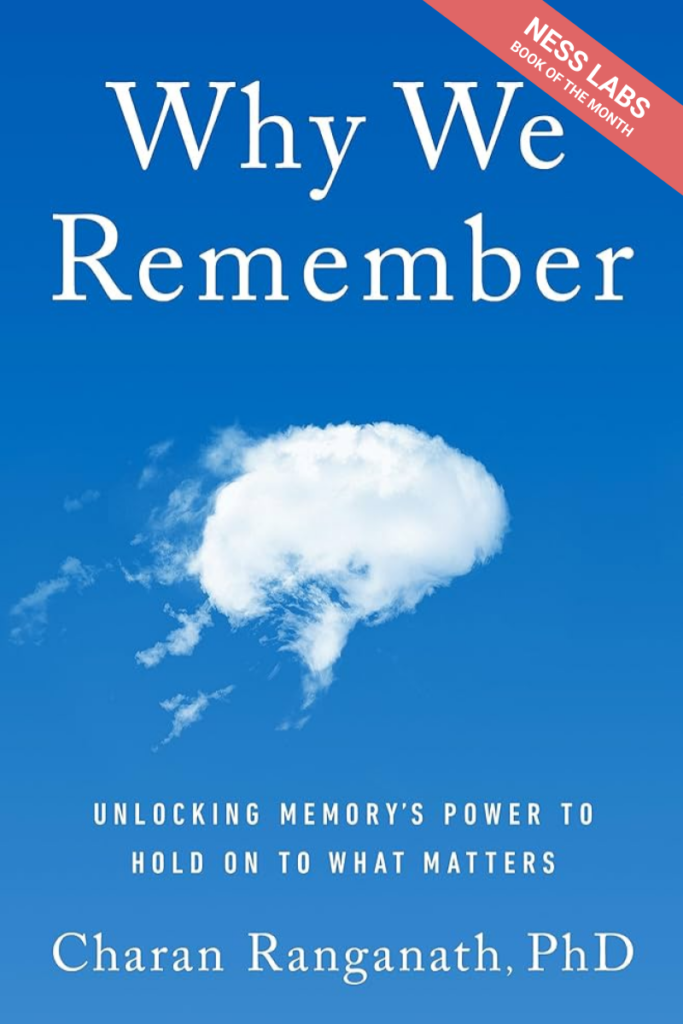
Neuroscientist and psychologist Charan Ranganath embarks on an exploration of memory’s profound impact on our lives, challenging the traditional view of it as merely a tool for recalling the past. Through engaging anecdotes and rigorous science, Ranganath illustrates memory’s crucial role in learning, decision-making, and even in our emotional healing processes. The book breaks down complex scientific concepts into understandable insights, combined with practical tips on improving memory. It also discusses how our understanding of memory can help with issues like memory loss and personal development. Through examples from science and Ranganath’s own experiences, the book makes a compelling case for the importance of memory in our lives. It will be a useful read for anyone interested in learning more about how memory works and how to make it better.
Imagination: A Very Short Introduction
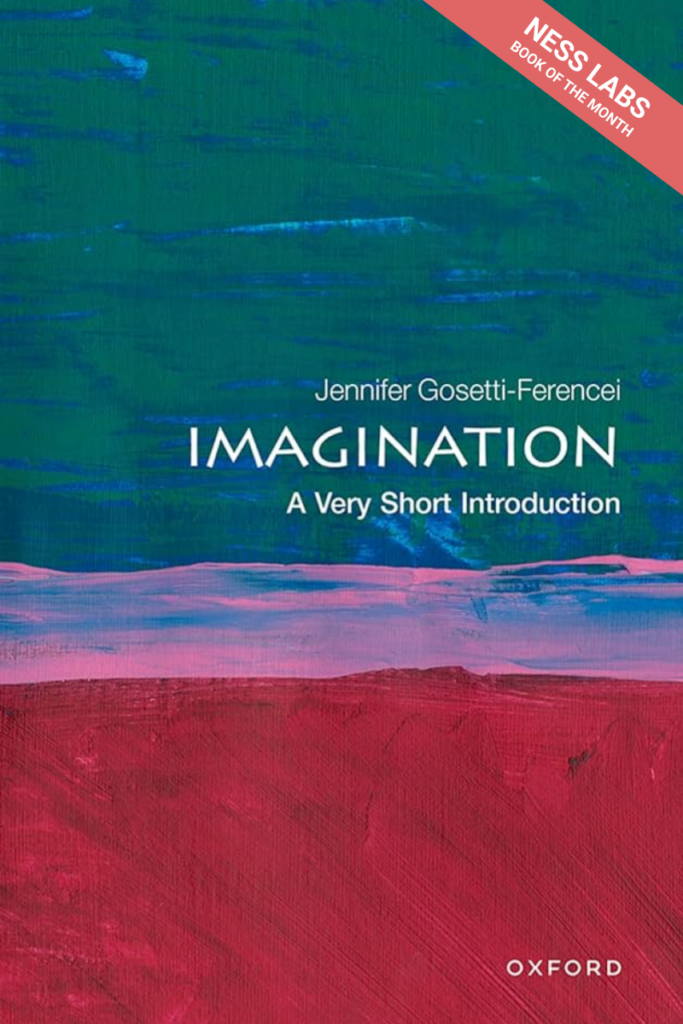
Another great Oxford’s “Very Short Introduction”, this book dives into the essence of imagination as a key cognitive ability and a crucial aspect of human development. The book unpacks how imagination is involved in various aspects of human thought and how it profoundly influences our existence. Through a blend of philosophical, evolutionary, and literary insights, the author demonstrates imagination’s dual nature: it can distort reality, yet it also enriches our understanding and experience of the world. The discussion then explores its role in rational thinking, artistic creativity, scientific innovation, and everyday problem-solving. By drawing from a wide array of examples, from ancient cave paintings to modern technology and art, Jennifer Gosetti-Ferencei shows how imagination fuels not only the arts but also scientific and technological innovation. Her book offers a comprehensive overview of the theories of imagination across history and its indispensable role in human cognition.
The Balanced Brain
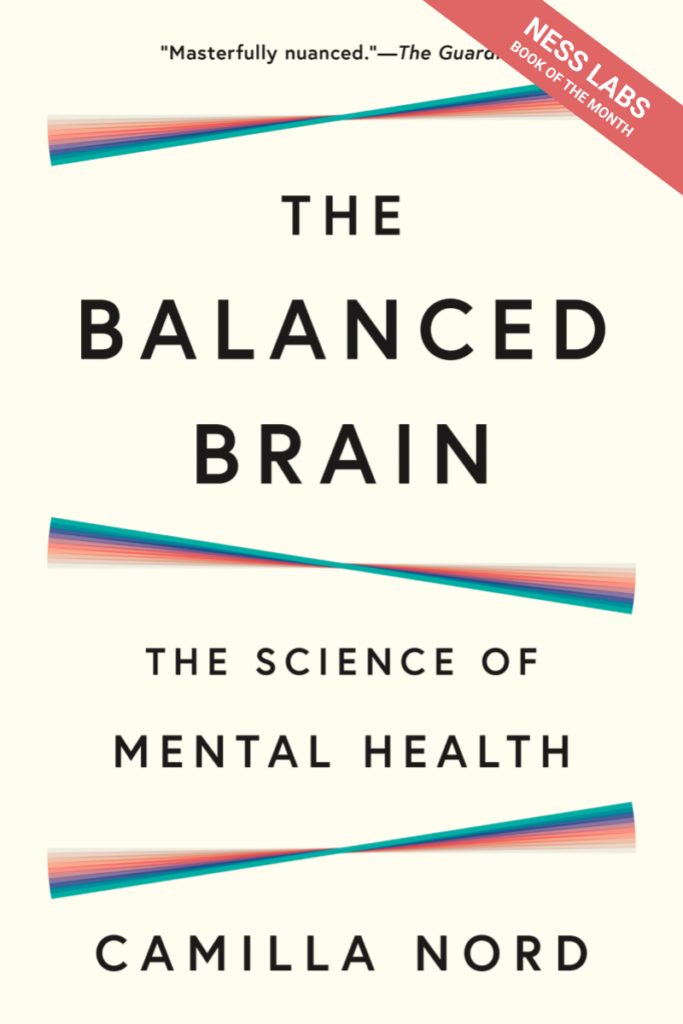
Neuroscientist Camilla Nord reports on the latest scientific insights on mental health, offering an accessible guide on how the brain manages our mental well-being. She presents a compelling narrative on how the brain strives to maintain equilibrium amidst life’s ups and downs, explaining the delicate balance of neurochemicals that underpin our emotional states. The book explains how various factors — from medication to lifestyle choices such as exercise and social interactions — can significantly influence our mental health. Through a clear exploration of the neurobiology behind pleasure, pain, and desire, the author also sheds light on how therapies, both medical and non-medical, work to restore mental balance. The Balanced Brain provides a hopeful perspective on mental health, emphasizing the personalized nature of well-being and the vast array of strategies available for achieving it.
Supercommunicators
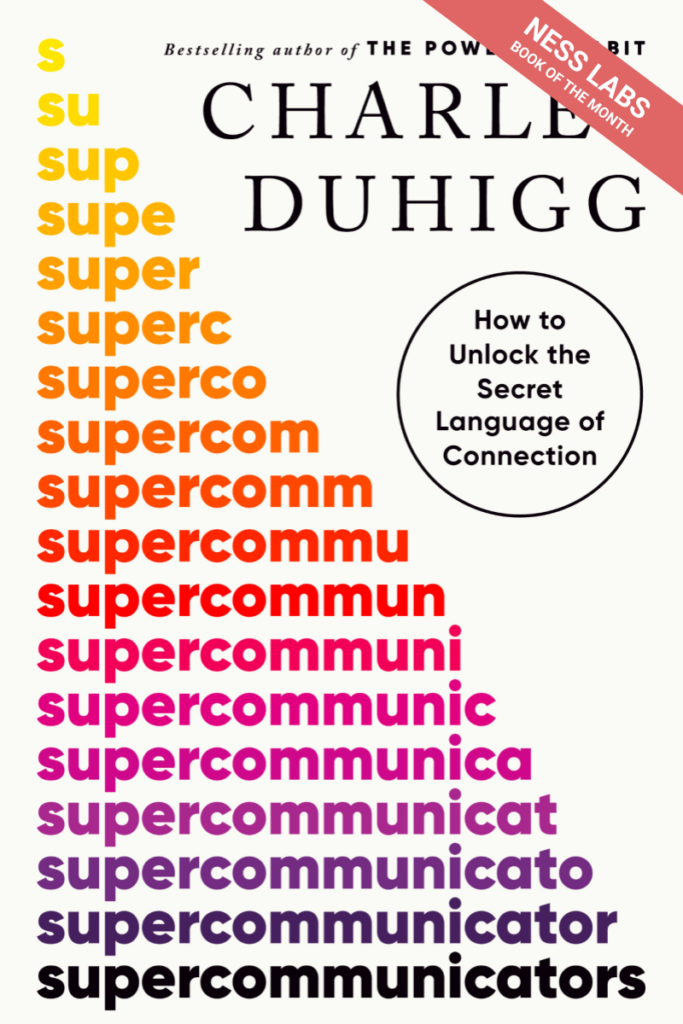
Charles Duhigg’s latest book focuses on the art of conversation, presenting it as a skill that can significantly enhance our interactions both professionally and personally. Drawing on a wealth of stories and studies, Duhigg reveals that effective communication is about understanding the underlying layers of every conversation: practical, emotional, and social. He illustrates this through engaging examples, from a jury room’s consensus to the challenges faced by a CIA officer and a surgeon. The book provides clear guidance on recognizing and adapting to these conversation layers, highlighting how our experiences, values, and emotions influence our communication. Duhigg’s accessible writing and practical advice aim to teach readers to listen actively and express themselves more clearly. Supercommunicators offers great, practical insights into turning communication into a superpower, and will be a useful read for anyone looking to improve their ability to connect with others and be better understood.
Untangle Your Emotions
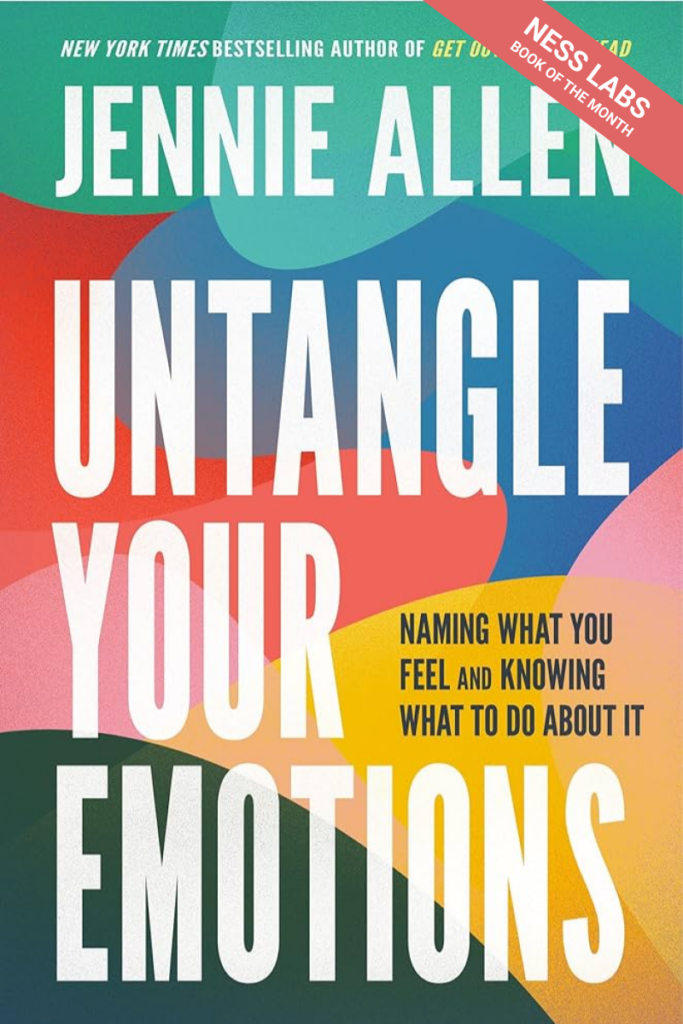
In her latest book, Jennie Allen offers a fresh perspective on managing emotions in a way that fosters both spiritual and personal growth. Disputing the harmful advice to suppress feelings, Allen advocates for acknowledging and exploring our emotions as a pathway to self-discovery. Drawing from scientific research and her personal experiences, she introduces a practical five-step process to understand and act on our feelings constructively. Allen challenges the misconception that emotions are inherently bad, showing instead how emotional awareness can enhance our connection with ourselves, others, and the world at large. By embracing our feelings, even the painful and confusing ones, she explains that we can expand our capacity for emotional health.
Do you have any books to recommend for the Ness Labs Best Books series? Please let us know via the contact form. We welcome self-recommendations.

